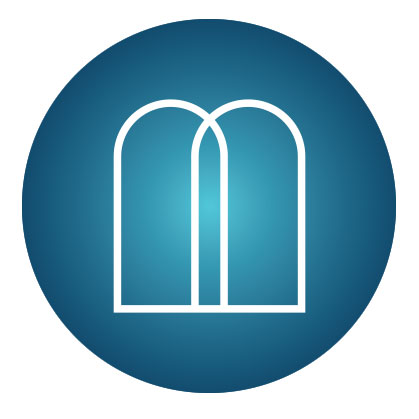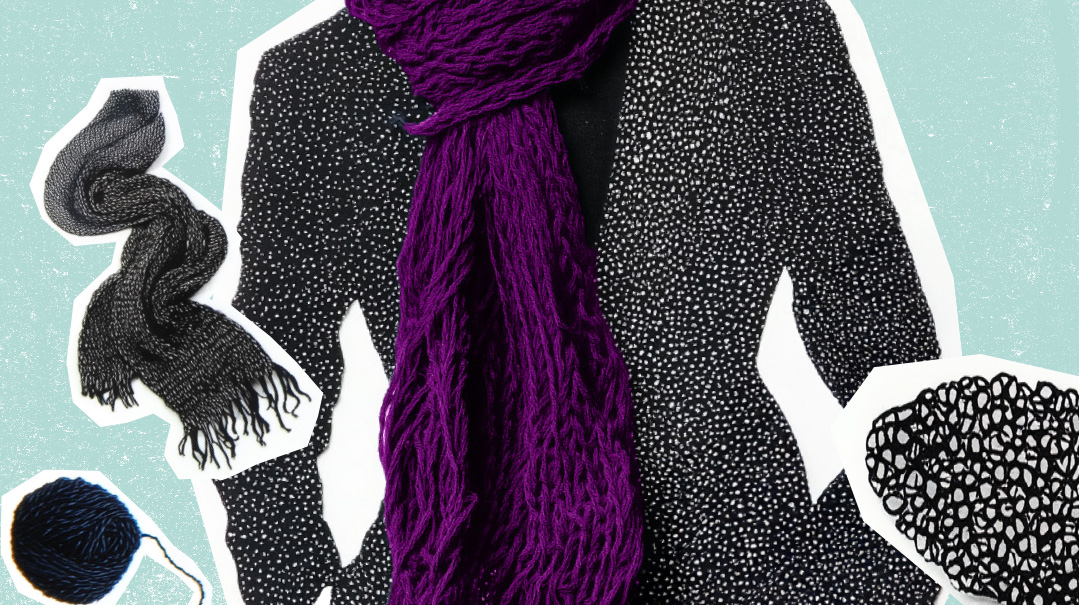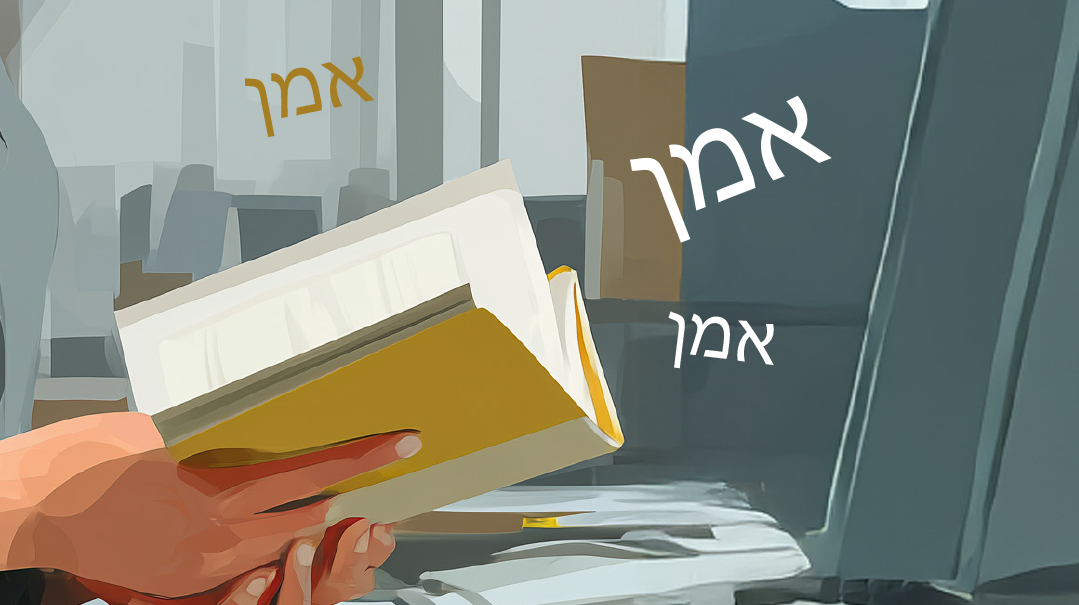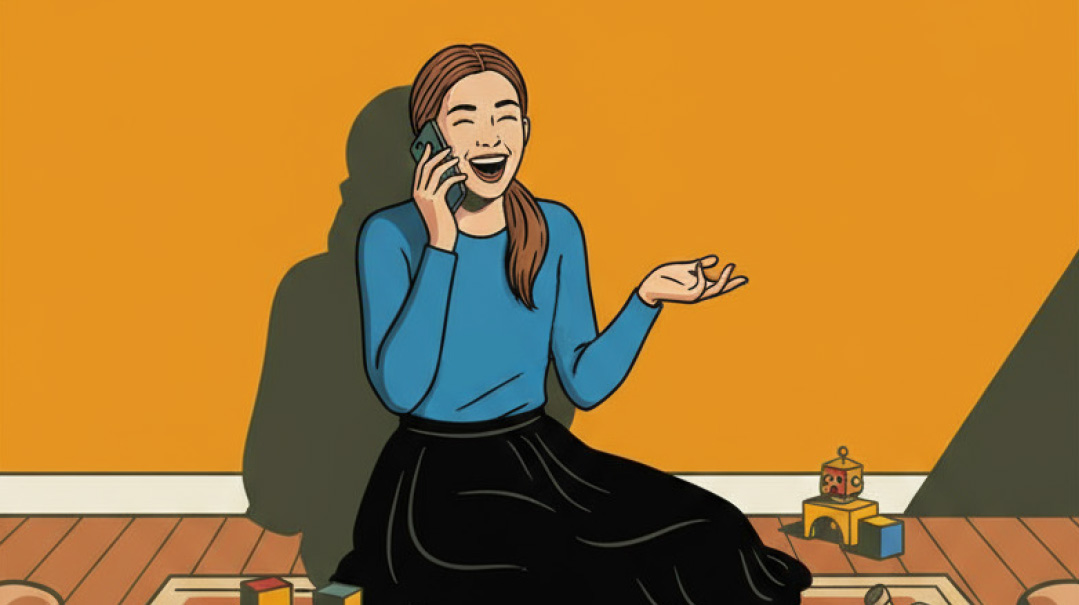Baby Basics

Diaper cream, cribs, bottles, and all your baby questions answered

Prepared for print by Faigy Peritzman
We just had our first child, and at the shalom zachar everyone got into a debate about why/why not you can use diaper wipes on Shabbos. Can you explain?
The main concern is the melachah of sechitah, squeezing. If the baby wipe can be used without violating sechitah, then it may be used on Shabbos. A baby wipe that is moist and is gently dabbed [but not squeezed] on the baby’s skin would be a permissible use of a baby wipe on Shabbos, since only the surface wetness is being used. But if the only way a baby wipe can be used is by pressing and squeezing it against the baby’s skin, it should not be used on Shabbos.
In practice, if a baby is only a bit soiled, he can be cleaned by gently dabbing a wipe on his skin. If a baby is more heavily soiled, one normally has to apply pressure to the wipe in order to clean him. Because of the high likelihood of sechitah, many poskim forbid its usage on Shabbos and Yom Tov. [Note that according to all views, one may spray or splash water where the baby is soiled, and then wipe the area using a tissue or a dry baby wipe.]
What is the proper way to apply diaper rash cream to a baby on Shabbos?
The preferable method is to squeeze the cream from the tube (or remove it from the jar with your finger and dab it) directly onto the affected area, and then close (wrap) the diaper in the normal manner (allowing the cream to self-smear all around the affected area). If that is not practical, and the baby is or might be in pain or distress, it is permitted to spread the cream around the affected area, provided that all of it is absorbed into the skin and nothing remains on the surface. If that does not work for you and there is a chance that the rash will develop into an infection, smear the cream as best as you can, while employing a shinui.
Is it permissible to open a Pack ’n Play on Shabbos?
A Pack ’n Play is meant to be opened and closed as part of its normal usage. It is therefore permitted to open and close it on Shabbos and Yom Tov.
We were visiting my parents and I realized that the suitcase with all our formulas was placed under the baby’s crib while he slept. Do we need to throw it out?
Shulchan Aruch rules that it is forbidden to store food or drinks underneath a bed because of the ruach ra’ah that rests on the food, even if the food or drink is wrapped and sealed in a metal container, cardboard box, or a suitcase. So l’chatchilah we’re careful not to place any food or drink underneath a bed upon which someone is sleeping. But bedieved, most poskim rule that the food item doesn’t become forbidden and it may be consumed.
At what age should one wash netilas yadayim on a baby or a toddler upon awakening?
According to the basic halachah, the obligation to wash the hands of a child in the morning doesn’t begin until the child reaches the age of chinuch, which is approximately five to six years old. But several poskim strongly recommend starting to do so much earlier than that: Some hold that once the child is old enough to touch food, his hands should be washed; some hold that washing is necessary once the child is old enough to walk, while others say that once a child is old enough to recite a verse from the Torah or to answer Amen to a brachah, the parents should wash his hands. Still, some poskim recommend (based on kabbalistic sources) that an infant’s hands — even a newborn’s (from the day of his bris) — should be washed.
When nursing during the night, must I wash netilas yadayim before feeding the baby?
The poskim debate whether the ruach ra’ah that comes at night is already present during the night or if it only arrives after the night is over. While a woman who is stringent to wash her hands each time she feeds her baby during the night is praiseworthy, it’s not halachically required to do so, especially if you are careful to avoid touching any of the body’s openings (mouth, nose, or ears) during the nursing.
My newborn is bottle-fed. Is it an issue for me to make a brachah if she has a dirty diaper?
As long as the diaper is closed, is not leaking, and does not generate a foul smell, it is permitted to recite a brachah.
My mother has a minhag that the first outing she goes on after giving birth is to shul at Maariv to say Barchu. Where does this come from? Is this something I should be following if my husband’s family doesn’t?
Although its origin and purpose is unclear, and it’s not documented in any of the early sources, this custom (or other versions of it, such as a yoledes not leaving her home unless she first goes to shul and listens to some davar shebekedushah) is a widespread minhag Yisrael that is followed in many communities. But it’s not halachically mandated, so if your husband’s family doesn’t follow this minhag, then you’re not obligated to accept it upon yourself. The halachah does, however, require that once fully recovered from the birth, a yoledes should go to shul and answer Barchu and Amen to the aliyah of her husband, who is considered a chiyuv that day. For some inexplicable reason this halachah isn’t widely known or practiced.
With twin newborns, I spend a lot of time nursing and would love to utilize the time to say Tehillim. However, although I am properly covered, my hands are not tahor. Is it better to refrain?
If your hands have touched the parts of your body that are usually covered, then you shouldn’t say Tehillim. But you can simply wipe your hands on any surface (clothes, couch, etc.) for your hands to considered clean and then you may recite Tehillim. There is no requirement to wash your hands at this point.
(Originally featured in Family First, Issue 901)
Oops! We could not locate your form.







